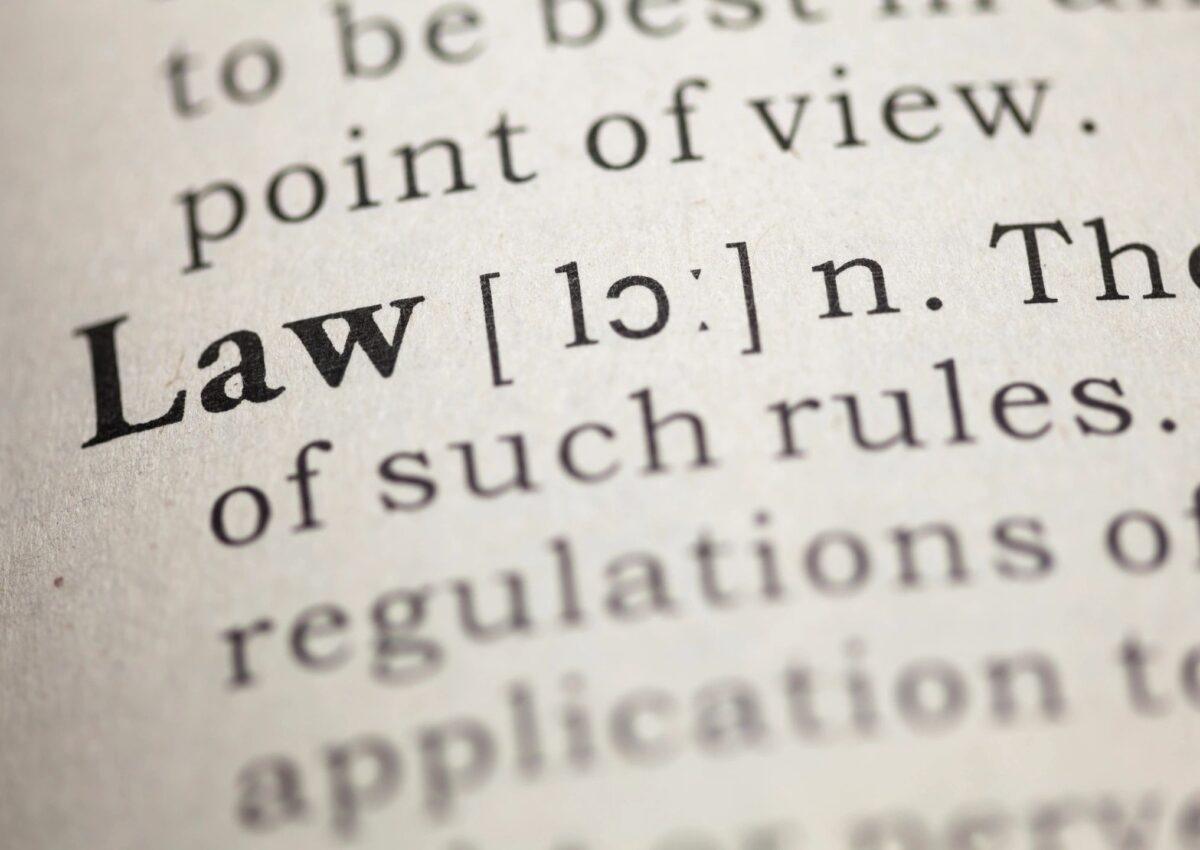
In a California divorce, the classification of property determines whether an asset is considered community property or separate property, which affects how it will be divided between the spouses. California follows a community property system, meaning that any property acquired during the marriage is generally considered community property and subject to equal division. This includes income earned by either spouse during the marriage, as well as property or assets purchased with those earnings. However, property acquired before the marriage or received by one spouse as a gift or inheritance is classified as separate property and is not divided in the divorce. The challenge often lies in properly classifying assets, especially when there is a mix of community and separate property, or when property has been commingled over the course of the marriage.
To classify property, it is important to trace the origin of the asset and determine whether it was acquired before or during the marriage. For example, if one spouse owned a house before marriage, it would be separate property, but if both spouses contributed to the mortgage or renovations during the marriage, a portion of the home’s value may be classified as community property. Additionally, income earned from separate property during the marriage is typically considered community property, even though the original asset is separate. The court may also rely on documents like prenuptial agreements, deeds, or bank records to help classify property. Disputes over classification can be complicated, and expert testimony or a forensic accountant may be needed to clarify how specific assets should be divided. Ultimately, the goal is to ensure that property division reflects the correct classification and adheres to California’s community property laws.
Visit: https://inlandempirelitigation.com/
Law Offices of James R. Dickinson – 909-848-8448
How To Schedule A Consultation:
Please call us at 909-848-8448 to schedule a free consultation/case evaluation or complete the form immediately below. [Please note certain formalities must be completed to retain the Law Offices of James R. Dickinson, such as the signing of a legal fee agreement [see “Disclaimers”]].
